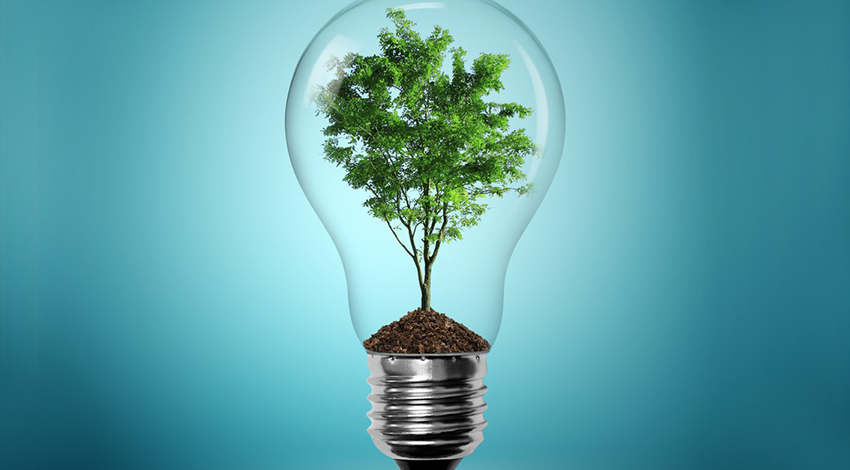Developing the rural economy is one of the key indicators towards a country’s success. Whether it be the need to look after the welfare of the farmers or invest in rural infrastructure, Governments have to ensure that rural development isn’t compromised.
The 2014 CAP Context Indicator Update by the European Comission, for instance, states that Romania, Greece, Poland and Croatia have the highest number of people employed in Agriculture. Forestry in itself employed as many as 0.5 million people in 2013.
So, how can a country improve the quality of life of poor?
The best way is to look at “people’s participation”, which can add in value and yield better returns. Social entrepreneurship is the ability to draw in innovative solutions by businesses to solve different social problems. From a rural development point of view, social entrepreneurs can work to fill the societal gap, helping in social transformation of the economy.
With planned and innovative attempts, countries can work towards combating problems like poverty, inequality, unemployment and illiteracy on a broader level. The benefits are double ended – social entrepreneurs can look forward to making profits while the society gains at large.
Exploring a Sustainable Development Model
Reports suggest that in countries like Belgium, the activeness of social enterprises is at a much lower level. The potential of social entrepreneurs to engage in rural development is huge. Rural areas are often the perfect places for renewable energy facilities to be located, which translates to increased employment opportunities for the local public as well.
Social entrepreneurs can aid in developing a sustainable business development model while finding the right opportunities unique to the local needs. This also helps the country focus more on R&D, and innovations in the rural economy translate to increased development progress.
The idea of social entreprenurs helping shape the rural economy isn’t new. Take for example the case of Bangladeshi Social Entrepreneur Muhammad Yunus, who won the Nobel Peace Prize. He changed the face of Bangladesh’s rural finances by introducing the Grameen Bank, or the bank for the rural people, and introduced a system of micro credits.
The MED programme helps social entrepreneurs use available resources wisely and increases energy efficiency. The MED programme offers a solution to support the employment-based Small and Medium Enterprises (SME’s) in all the stages of their life cycle to develop, to grow and engage in innovation. These industries recruit unskilled and semi-skilled workers, helpful for economic development.

